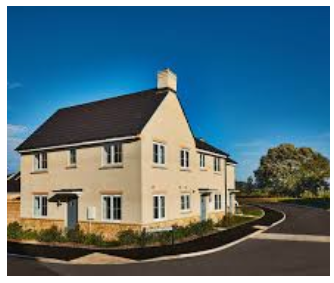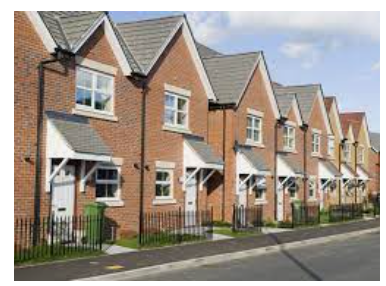For the most part, properties in the UK are mainly freehold. The opposite to this is the leasehold property. These are mainly flats and apartments or properties where the land is shared. They are subject to ground rent and maintenance costs. To tell the difference when it comes to a house purchase, you should look to someone like Sam Conveyancing to protect you in the legal stages. Whether a property is a freehold or leasehold can have a profound effect on whether you decide to buy or not to buy the property. You can find out more from Conveyancing news about freehold properties and how they differ from leasehold ones.
A freehold gives you the greater freedom to do what you will with your home. In simple terms, you own the building and the immediate land around it. This information will be defined by the deeds that are attached to the property.
This freedom does come with some considerable costs. For example, you are responsible for the upkeep of the building and the land. Therefore any damages or issues that occur will have to be dealt with by you and your own resources. Also, you are still bound by the planning regulations and covenants set by the local authority and by the deeds for the property. For example, extensions above ground level may not be approved by the regulations committee. A covenant is a restriction placed on a property to outlaw certain detrimental activities. For example, the keeping of livestock and chickens is prohibited.


